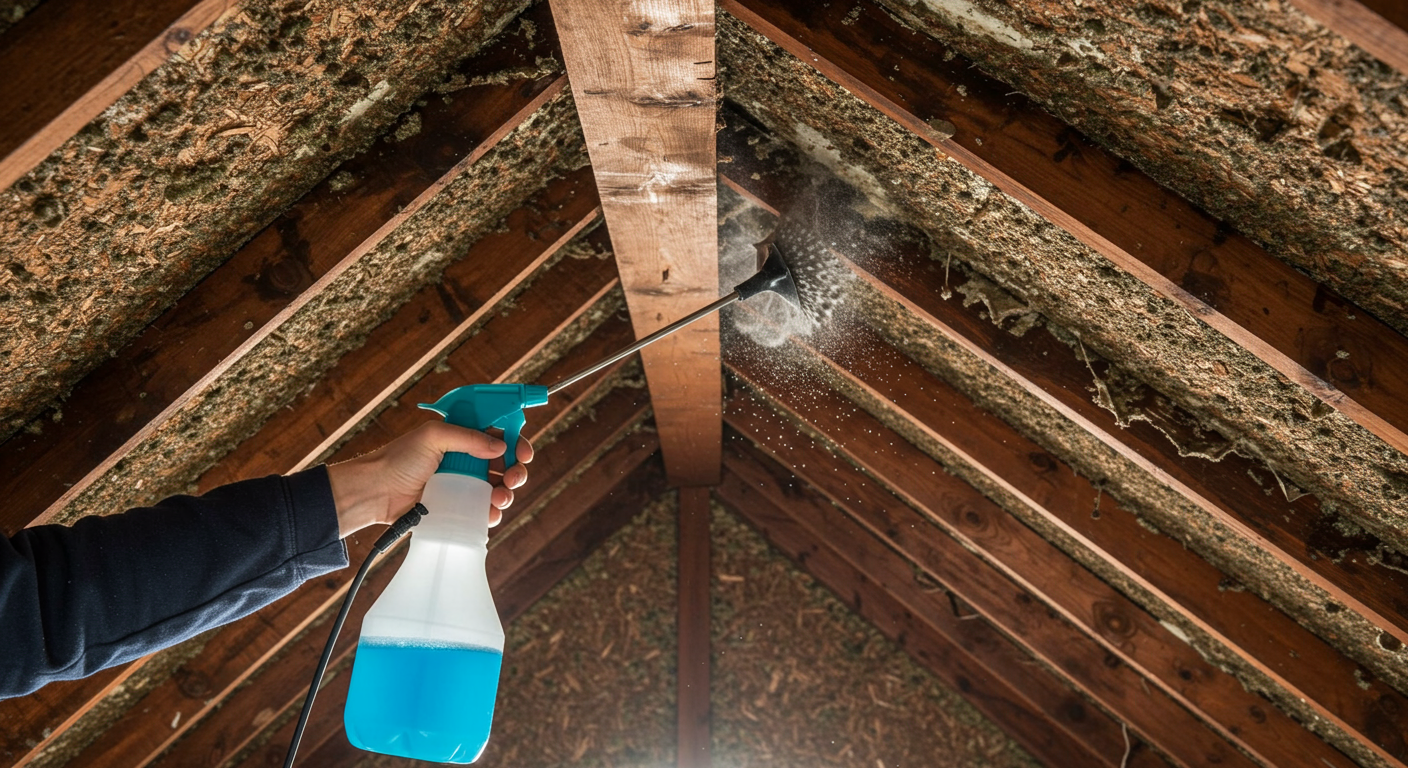Mold often gets a bad reputation due to its association with allergies, health issues, and property damage. However, this misunderstood fungus plays a vital role in our ecosystem, health, and even food production. From boosting immunity to aiding environmental sustainability, mold offers surprising benefits that deserve recognition. In this article, we’ll explore the hidden advantages of mold and how it contributes to our well-being and the planet.
Understanding Mold: The Basics
Mold is a type of fungus that grows in damp, warm environments. It reproduces by releasing tiny spores into the air, which can settle and grow on various surfaces. Mold comes in different forms, including black mold, green mold, and white mold, each with unique characteristics.
One common misconception about mold is that it is always harmful. While exposure to toxic molds like Stachybotrys chartarum can cause health issues, not all molds are dangerous. In fact, many types of mold are beneficial and play essential roles in nature and human life. Understanding the diversity of mold can help us appreciate its positive contributions.
Health Benefits of Mold
Boosting Immune System
Certain molds, such as Penicillium, have been instrumental in the development of antibiotics like penicillin. These antibiotics have saved countless lives by fighting bacterial infections and strengthening the immune system. Mold-based medications continue to be a cornerstone of modern medicine.
Aiding Digestion and Gut Health
Mold is also a key player in promoting gut health. Fermented foods like kimchi, yogurt, and miso rely on mold to enhance their probiotic content. These probiotics improve digestion, balance gut flora, and boost overall health. Incorporating mold-fermented foods into your diet can lead to better digestive health and increased energy levels.

Anti-Allergy Properties
Interestingly, some molds may help reduce allergies. Research suggests that exposure to certain non-toxic molds can desensitize the immune system, making it less reactive to allergens. While more studies are needed, this finding opens up new possibilities for allergy treatments.
Mold in Food Production
Fermentation Processes
Mold plays a crucial role in the fermentation process, which is essential for producing various foods and beverages. For example, molds like Aspergillus oryzae are used in the production of soy sauce and sake. These molds break down complex carbohydrates into simpler compounds, enhancing flavor and nutritional value.
Role in Cheese and Other Products
Cheese lovers owe a debt of gratitude to mold. Varieties like blue cheese, Brie, and Camembert are made using specific molds that give them their unique taste and texture. Mold not only enhances the flavor but also contributes to the nutritional profile of these cheeses.
Nutritional Contributions
Mold-fermented foods are rich in vitamins, minerals, and enzymes. They provide essential nutrients that support overall health, making them a valuable addition to a balanced diet. By embracing mold-fermented foods, we can enjoy both culinary delights and health benefits.
Environmental Importance of Mold
Decomposition and Nutrient Cycling
In nature, mold is a powerful decomposer. It breaks down organic matter like fallen leaves, dead trees, and animal remains, recycling nutrients back into the soil. This process enriches the soil, promoting plant growth and maintaining ecological balance.
Potential in Sustainable Practices
Mold has potential applications in sustainable practices. For instance, researchers are exploring its use in bioremediation to clean up oil spills and other environmental pollutants. Mold’s ability to break down complex substances makes it a promising tool for environmental conservation.
Future Research and Applications
The future of mold research is bright. Scientists are investigating its potential in medicine, agriculture, and industry. From developing new antibiotics to creating eco-friendly materials, mold continues to inspire innovation and offer solutions to global challenges.
Mold may not be the hero we expected, but it is undoubtedly one we need. Its contributions to health, food production, and the environment highlight its importance in our lives. By understanding and appreciating the benefits of mold, we can harness its potential for a healthier and more sustainable future.
For more information on mold and its impact, check out Comprehensive Guide to Mold Removal in Ontario, CA and Expert Mold Removal Services in Costa Mesa, CA: Your Guide to a Safe and Healthy Home.


